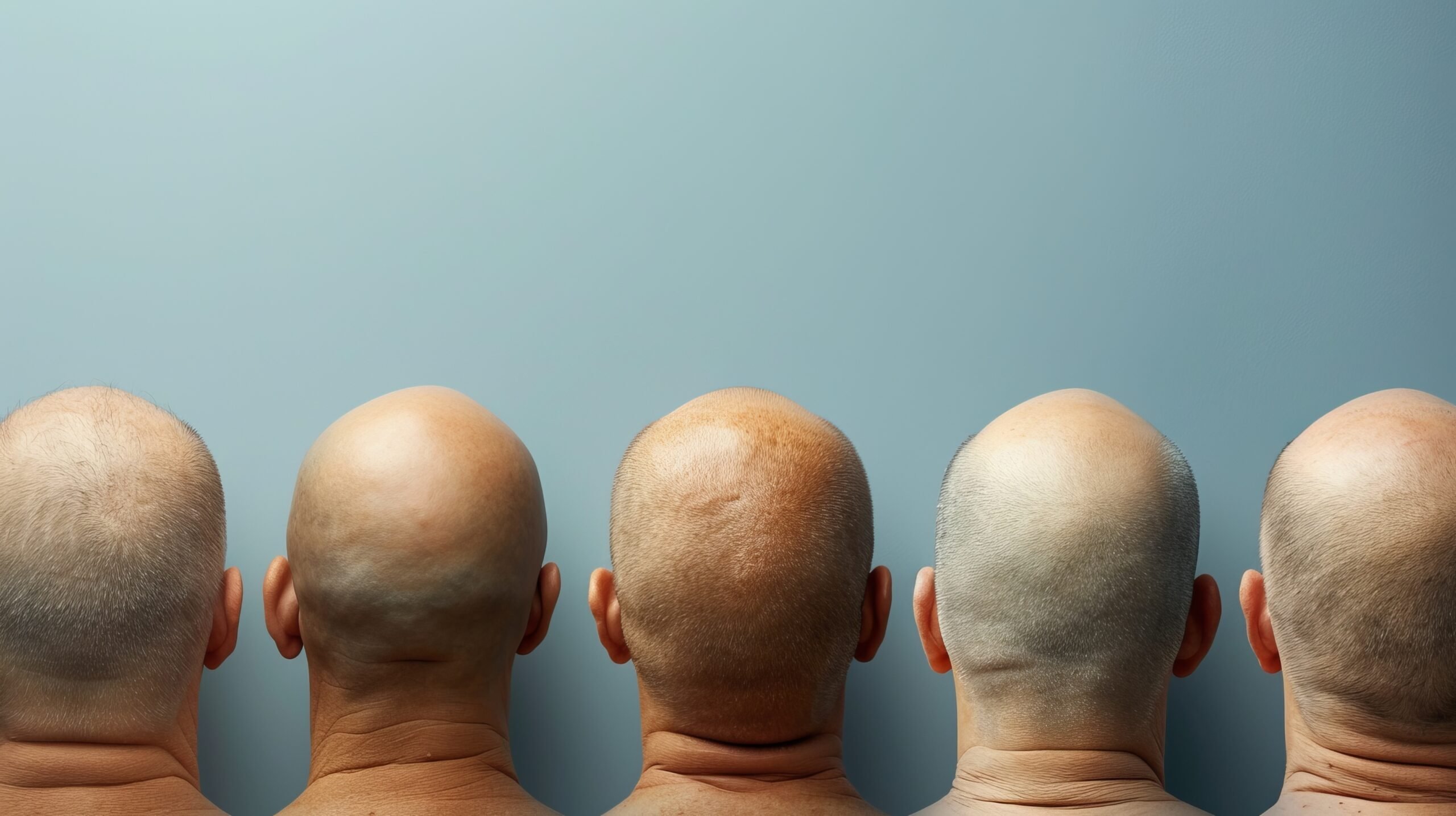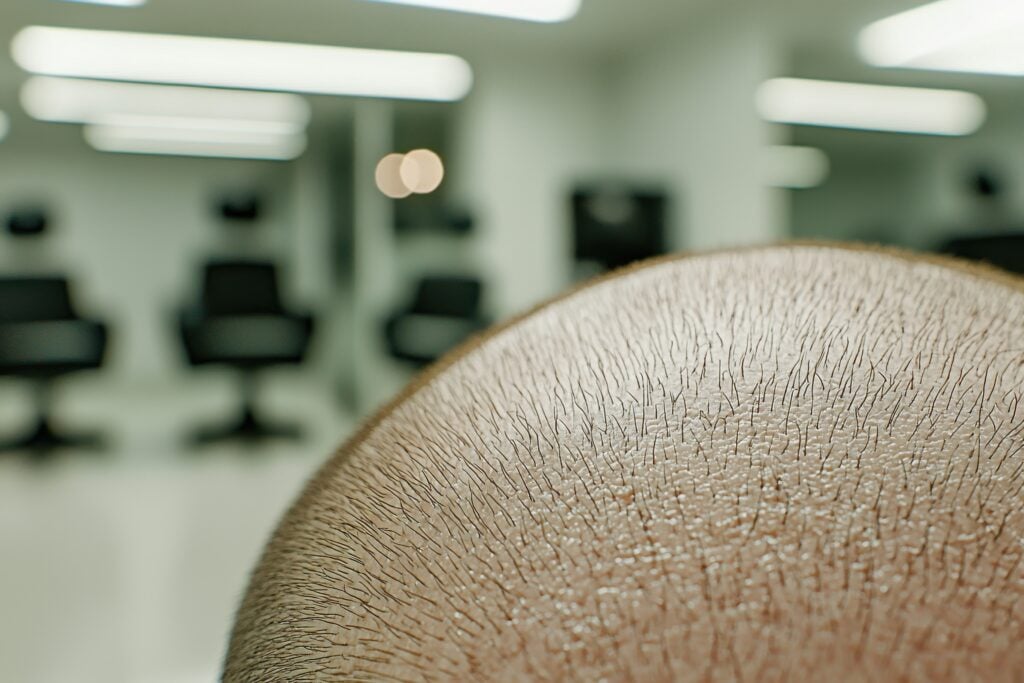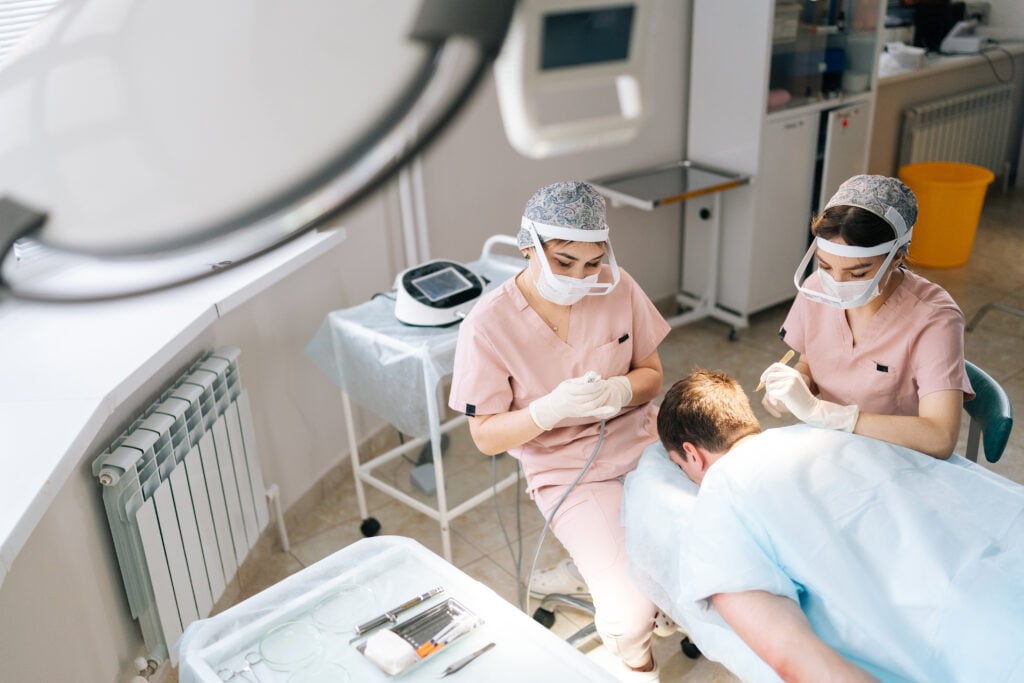
What is a Hair Mill and How to Avoid Them?
Hair transplants are booming in popularity across Britain and beyond, and for good reason. Millions of people suffer from hair loss every year and it’s an issue that can affect more than just appearance. Many of those affected report feeling distressed, unhappy, and insecure.
Unfortunately, while many reputable and trustworthy clinics do exist, there are other businesses who only want to cash-in on these insecurities. These clinics are colloquially known as “hair mills”, and typically focus on quantity over quality, performing hundreds of operations a week with little care given to the patients.
To ensure you receive the best possible care, we’ve outlined some hair mill red flags below and offered advice on how to avoid shady practices.
What is a Hair Mill?
When exploring your options for a hair transplant, it can be difficult to tell which clinics are reputable and which are not. It can be overwhelming to choose the right clinic, and it’s a decision that isn’t to be taken lightly. After all, this is your hair, and you deserve to feel comfortable and satisfied with every step of your journey.
With this in mind, we recommend that you carefully read reviews before making any arrangements, as this will give you insight into the clinic’s practices not highlighted in promotional materials. The International Society of Hair Restoration Surgery also provides a good guide on identifying dodgy hair clinics.
Typically, reviews of hair mills will mention the following:
- Little time for personal consultation or aftercare
- Use of unqualified technicians
- A “one-size-fits-all” approach to hair restoration
Is High Patient Turnover a Hair Mill Indicator?
Often, you will see people online declare any clinic that serves a high volume of patients a “hair mill”, but this isn’t entirely accurate. It is common, particularly in Turkey, for even the most trustworthy clinics to perform many operations in a day. As such, we find judging clinics based on number of operations performed daily is a poor metric for whether or not they should be avoided.
In fact, in many cases, high patient turnover can be a positive indicator. More patients means more experience, which means the medical team assisting you on your journey are better equipped to treat your individual case. The performance of the medical teams and doctor involvement really speaks more to the overall quality of a clinic.
Warning Signs of a Hair Mill

Sometimes the old advice is the best – if something seems too good to be true, it usually is. That certainly rings true in the case of hair mills. Typically, you’ll be able to identify hair mills by their shockingly low prices. Many will also offer enticing package deals, making promises of extensive grafts for very little money.
In addition to advertising low costs, hair mills tend to lack transparency when it comes to their medical staff and their qualifications. You should take this as a major red flag. Never entrust your hair and health with anyone unless you are completely satisfied that they are qualified and appropriately accredited.
Hair mills also generally will not provide adequate consultation ahead of your operation. Even if you are booking a hair transplant from abroad, a reputable clinic will provide you with a thorough consultation ahead of your procedure as standard. If you are not offered a consultation upon your arrival, or if you feel the consultation is rushed and superficial, this indicates that the clinic is more interested in your money than your well-being.
The Risks of Choosing a Hair Mill
While their promises and low prices might seem alluring, the risks of opting for a hair mill are never worth it. Transplants at hair mills are typically performed by unqualified teams without doctor supervision, which can leave you with disappointing results or worse. It is not uncommon for patients of hair mills to experience scarring, infection, and other complications.
Generally, hair mills will not offer any aftercare support either. So, once you leave and find you are unhappy with your results, you’re effectively on your own. This can cause a great deal of stress, with some patients feeling even worse than they did before undergoing their operation.
Why Hair Mills are on the Rise

Unfortunately, the rise in hair mills seems inevitable, and comes down to simple supply and demand. Cosmetic procedures, in particular hair transplants, are growing in demand each year. To satisfy this demand, shady clinics set up shop to lure in prospective patients with outrageously low costs. Patients who are already feeling overwhelmed by their dissatisfaction with their appearance often jump at the lowest price without shopping around or learning the risks.
Social media and influencer culture has also played a large role in the popularity of these procedures, simultaneously stoking people’s insecurities about their own looks while also breaking down the stigma attached with getting cosmetic procedures done. While the breaking down of stigma has been a positive, it can be argued that the ways in which hair transplants are presented on social media leave little room for warning about the risks of hair mills. Therefore, it’s crucial that patients do their research before booking any procedures.
How to Spot a Reputable Hair Transplant Clinic
The poor results and bad reputations of hair mills have made many prospective patients wary, which is understandable. Nobody wants to end up with a bad outcome after making the often difficult step of booking a hair transplant. Rest assured that reputable hair transplant clinics do exist, and they’re not difficult to find.
A reputable hair transplant clinic will provide:
- Transparency on the qualifications and registrations of its surgeons
- A comprehensive consultation process
- Treatment plans tailored to your specific needs
- Full transparency on pricing
- Clear focus on aftercare and long-term results
If you’re considering treatment abroad, our comprehensive guide to hair transplants in Turkey explains how to choose a trustworthy hair loss clinic and what to expect during the process.
Questions to Ask Before Choosing a Clinic
For many pursuing hair restoration, a hair transplant will be their first experience of an elective surgical procedure. Understandably, many people feel overwhelmed and unsure of what questions they should be asking beforehand. Don’t worry, there are a few things you can ask when selecting a clinic which can ensure you receive the best possible care.
A trustworthy clinic will be happy to answer the following questions:
- Who will perform the surgery?
- What qualifications do they hold?
- How many procedures do they perform per day?
- What aftercare is included?
- Can I see genuine before-and-after results from past patients?
The Importance of Ethical Hair Restoration
Hair restoration surgery is minimally invasive and largely painless, but it is still a big undertaking and one that cannot be taken lightly – by both the patient and the medical team. The best hair loss clinics will approach hair restoration with a high ethical standard. This means that they will be realistic in explaining the results of the surgery, they will provide a thorough examination before agreeing to operate, and they may even turn away patients if they feel they are unsuitable candidates for the procedure.
This is because patient satisfaction and care is more important than money. At Elithair, as with other reputable clinics, we want you to be happy with your result. We understand how much thought and deliberation goes into making a decision like getting a hair transplant, and we want to ensure that you are not disappointed. That’s why transparency is so crucial to us at every step of your journey.
Conclusion: Make Informed Decisions
With so many options available, it can be difficult to know which clinic is the best choice for you. By understanding some of the red flags of a hair mill, we hope you’ll be able to navigate the market and find a trustworthy clinic that can help you on your journey to rebuilding your confidence.
If you have any questions about our approach to hair restoration, we are always happy to answer them. You can contact our experts with any queries you may have, with no obligation.
FAQs
How do hair mills abroad compare to those in the UK?
Hair mills are most commonly associated with overseas clinics, particularly in Turkey, but they can exist anywhere – even in Britain. The risks are similar: lack of doctor involvement, poor aftercare, and unrealistic promises.
What aftercare should a good clinic provide?
Proper aftercare should include follow-up appointments, clear written instructions, access to your surgical team if problems arise, and ongoing monitoring of your results. Hair mills often neglect this, leaving patients unsupported.
Can hair transplants fail?
Yes. Even in the best clinics, not every graft survives, and results can vary depending on individual factors. Ethical clinics will discuss this risk openly, unlike hair mills that tend to promise guaranteed results.
Are there alternatives to hair transplants?
Yes. Options such as PRP therapy, medication (finasteride and minoxidil), and scalp micropigmentation can all help manage hair loss. A trustworthy clinic will explain these alternatives and may even advise against surgery if it’s not in your best interest.
How long does it take to see results from a proper transplant?
Initial shedding of transplanted hairs is normal. New growth usually begins after 3–4 months, with the full results visible between 9–12 months post-surgery.


